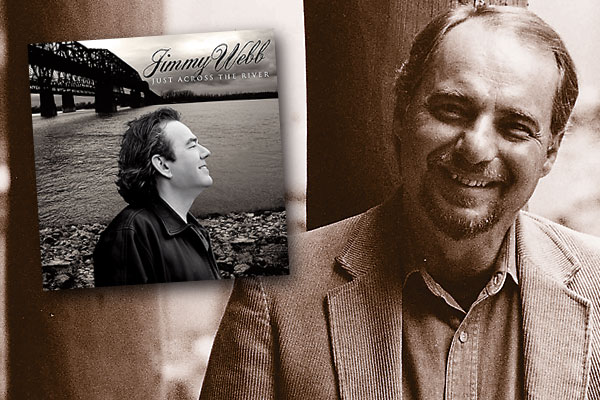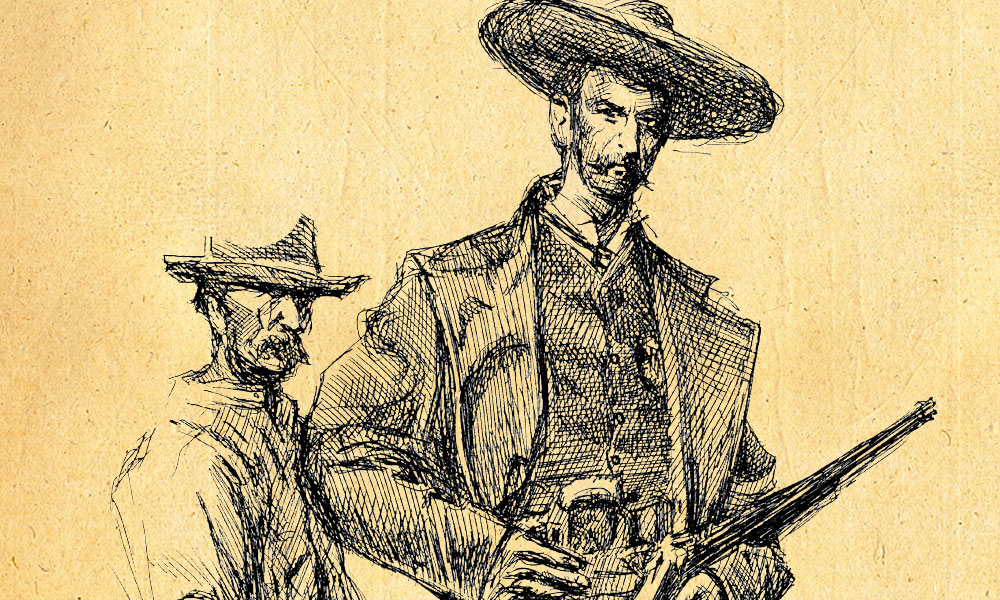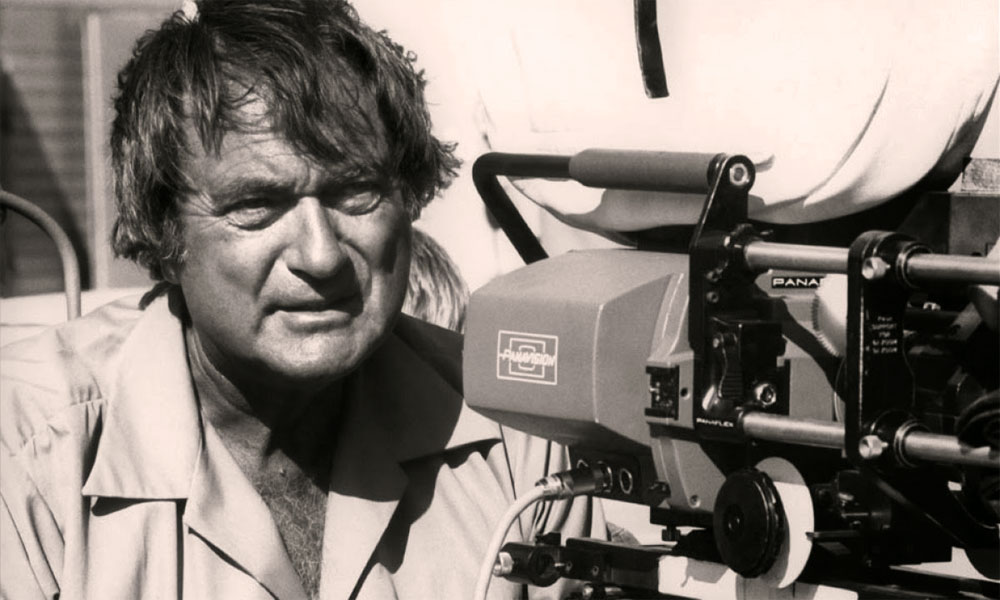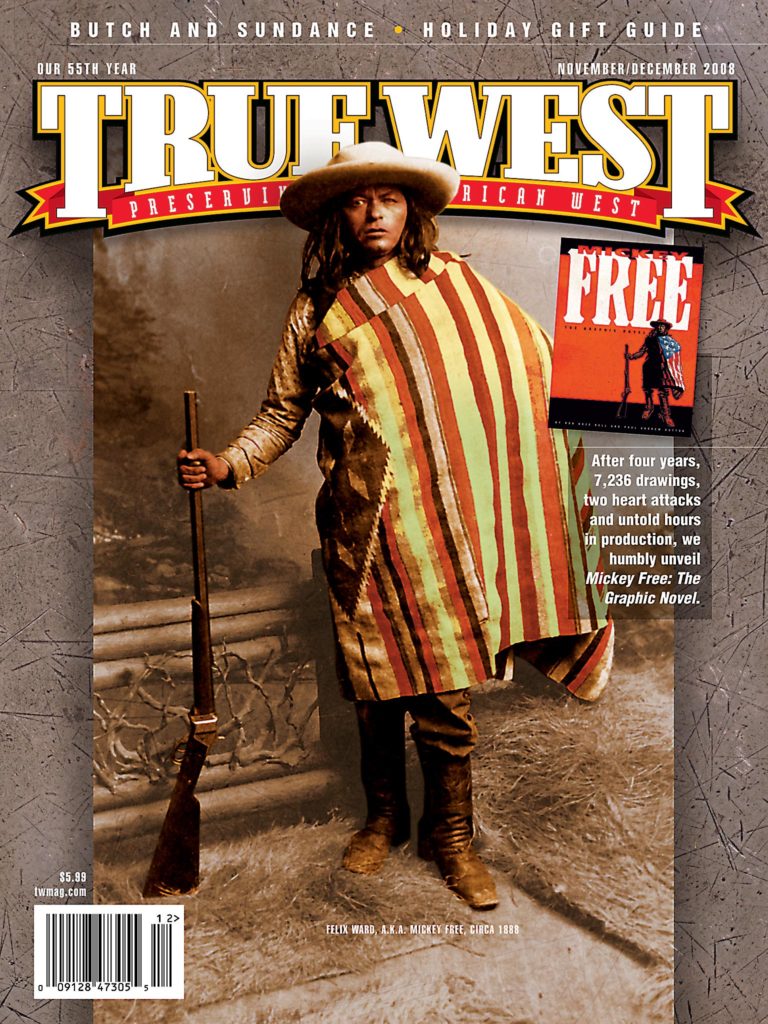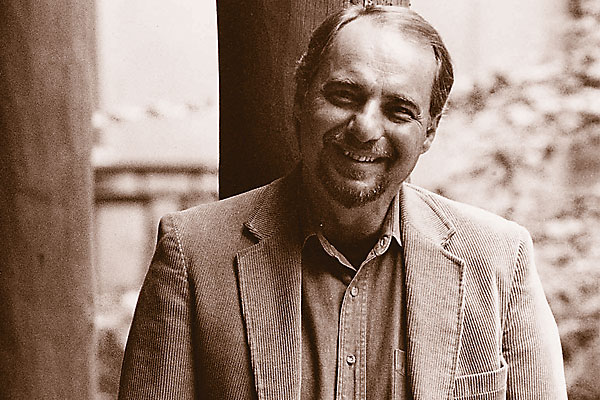
The best thing about being a Distinguished Professor is the freedom one enjoys from the demands of others and the unfailing inspiration provided by both undergraduate and graduate students. I don’t want to sound like Mr. Chips in the old novel, but there is a nobility to the teaching profession and a great personal satisfaction to be derived from the success of your students.
History has taught me that lives do matter, and that individuals can indeed change the world. That is why, to me, history is always about people and not simply a story of the masses being manipulated by sweeping movements beyond human control. If you ever doubt for a moment that individuals matter, just reflect on the lives of Abraham Lincoln, Theodore Roosevelt, John Kennedy or Martin Luther King.
The worst advice I have ever gotten is that a proper, serious historian should wear a bow tie. I have since worn them on several occasions, but only with a tuxedo to weddings and award ceremonies.
The best advice I have ever gotten was to marry Tracy Lee.
Robert Utley is not only the dean of Western history, but my professional godfather. He is a model for all who would be a historian.
I have seen The Searchers countless times, and it still makes me weep. It is one of the greatest American films ever made. I love it so much that I named my daughter Lorena after the song that is the film’s romantic theme.
I read lots of Western comics as a Kid, including Honkytonk Sue, so when I got a chance to write Mickey Free with Bob Boze Bell, I jumped at it. It is a rich story, full of the ironies, tragedies and harsh realities that make the Southwestern border and its people so compelling. It is both historical and currently topical at the same time—and it is a great tale of adventure as well. Many of the themes of family, racism and loyalty that make The Searchers are in this true tale of Mickey Free.
Working in TV has been great fun. I have appeared as a “talking head” in nearly 200 shows over the last decade and have written a dozen shows. Working with Gary Foreman and then-legendary newsman Bill Kurtis was a great experience. I received three WWA Spur Awards and one National Cowboy Museum Western Heritage Award for my TV writing (more chances to wear a bow tie). My pal Zucker and I have a running bet that whenever one of us gets recognized in public, the other has to cough up a quarter. I’m way ahead. The power of TV is incredible.
Yes, I am the doctor who delivers the baby in the final scene of Naked Gun 33 1/3. I went to Hollywood in 1991 when Sony Pictures bought the rights to my unwritten biography of Davy Crockett from the University of Oklahoma Press. David Zucker (Airplane, Top Secret, Naked Gun) had read my 1986 piece on Crockett in Texas Monthly and wanted to base a script on my biography. This turned into a two-year tour of duty in fantasyland that resulted in me cowriting the screenplay with Zucker and Bob Locash. While writing, Zucker was also shooting the final Naked Gun and cast me as the doctor in the final scene with Leslie Nielsen and O.J. Simpson.
Sony Pictures paid us a lot of money for our Crockett screenplay (which really was superb), but when they could not attach a big enough star (Mel Gibson, Kevin Costner, Tom Cruise and Tom Hanks were approached), the project languished. Zucker still hopes to resurrect it. Although the film was not made, I was given incredible on-the-job training as a screenwriter by a master of the craft. This proved invaluable when I later turned to TV writing and to writing the screenplay for Mickey Free.
The hardest part of working with BBB was not strangling him.
Paul Andrew Hutton, Distinguished Professor
Paul Andrew Hutton is a distinguished professor of History at the University of New Mexico, as well as the former executive director of Western Writers of America and the historical consultant for True West Magazine.


